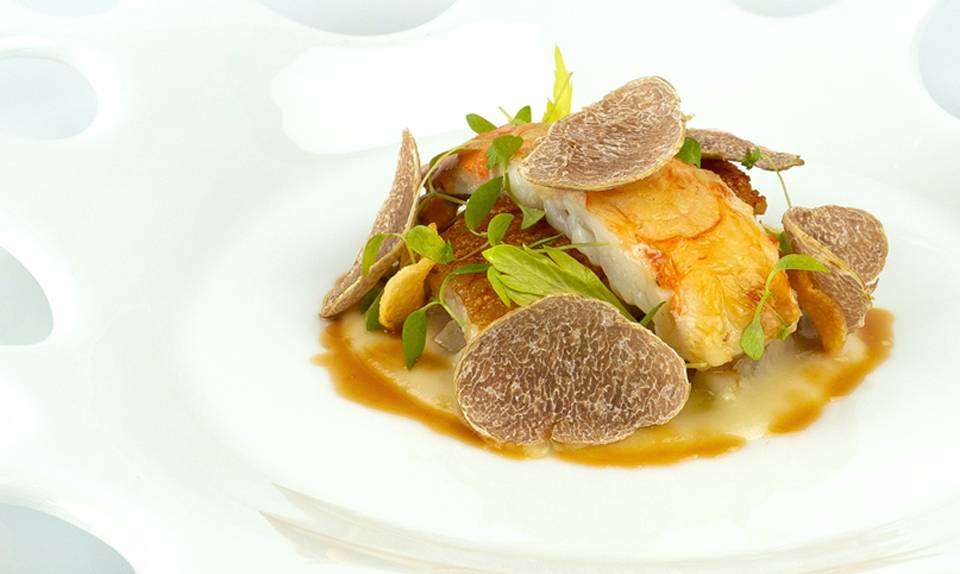The world of luxury food includes ingredients and dishes that can be extremely costly due to rarity, labor-intensive production methods, or unique properties. Here's a list of 10 of the most expensive foods and the reasons behind their high cost:
White Truffles (approx. $3,600 per pound)
- Reason: White truffles, especially from Italy, are one of the rarest and most sought-after ingredients. They grow underground and are only found with the help of trained pigs or dogs. Their scarcity and short harvesting season (typically between September and December) make them incredibly expensive.
2. Caviar (Beluga, Osetra, Sevruga) (approx. $5,000–$20,000 per kilogram)
- Reason: Caviar is the roe (eggs) of sturgeon, and its price depends on the type of sturgeon and how rare the variety is. The harvesting process is labor-intensive and can take years as sturgeon take a long time to mature. Beluga caviar, in particular, is known for its rarity and smooth, delicate flavor.
3. Kobe Beef (approx. $200–$500 per pound)
Reason: Kobe beef comes from a specific breed of cattle in Japan known for its intense marbling, tenderness, and rich flavor. The cattle are often fed a special diet and are sometimes massaged, which contributes to the beef's unique quality. Only a limited amount of Kobe beef is produced each year.
4. Saffron (approx. $500–$5,000 per pound)
Reason: Saffron is the most expensive spice in the world. It is derived from the stigma of a specific type of crocus flower, and harvesting it is an incredibly labor-intensive process. It takes tens of thousands of flowers to produce just one pound of saffron, driving up the cost.
5. Fugu (Pufferfish) (approx. $200–$500 per dish)
Reason: Fugu is a Japanese delicacy made from pufferfish, which contains a deadly toxin that must be carefully removed by licensed chefs. Due to the skill and risks involved in preparation, the cost of dining on fugu is very high, especially for top-tier chefs with the proper certification.
6. Matsutake Mushrooms (approx. $1,000–$2,000 per pound)
Reason: These rare mushrooms grow in specific forest environments and are difficult to cultivate, making them incredibly scarce. Their unique flavor, combined with the difficulty of harvesting, contributes to their high price.
7. Bluefin Tuna (approx. $3,000–$5,000 per fish)
- Reason: Bluefin tuna, especially prized by sushi chefs, is incredibly rare and often sought after for its rich flavor and high fat content (especially the otoro cut). Due to overfishing and sustainability concerns, the price of bluefin tuna has skyrocketed, especially for large, prime specimens.
8. Yubari King Melon (approx. $20,000–$30,000 per pair)
Reason: Grown in Yubari, Japan, these melons are known for their perfect sweetness and smooth, symmetrical appearance. They are often auctioned off at extravagant prices, and high-quality melons have become a status symbol in Japan.
9. Vanilla (approx. $600 per pound)
Reason: Vanilla is one of the most labor-intensive crops to grow. It requires hand-pollination, and the process of curing the beans takes several months. Natural vanilla has become scarcer due to weather events affecting harvests, driving prices up.
10. La Bonnotte Potatoes (approx. $500 per pound)
Reason: These potatoes, grown on the French island of Noirmoutier, are known for their unique, delicate flavor, thanks to the island’s soil and seaweed fertilization. The potatoes are harvested by hand, and only a small quantity is produced each year, contributing to their high cost.
Each of these foods is valued not only for its rarity or the difficulty of production but also for the unique experiences they offer to those who are lucky enough (or wealthy enough) to afford them.


